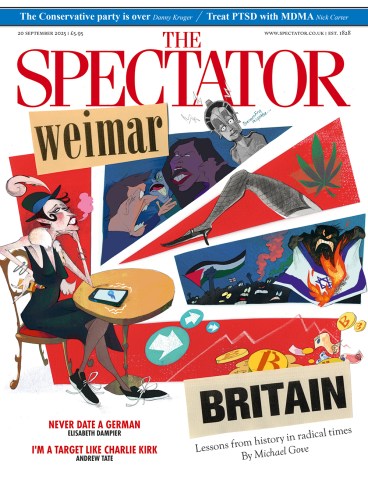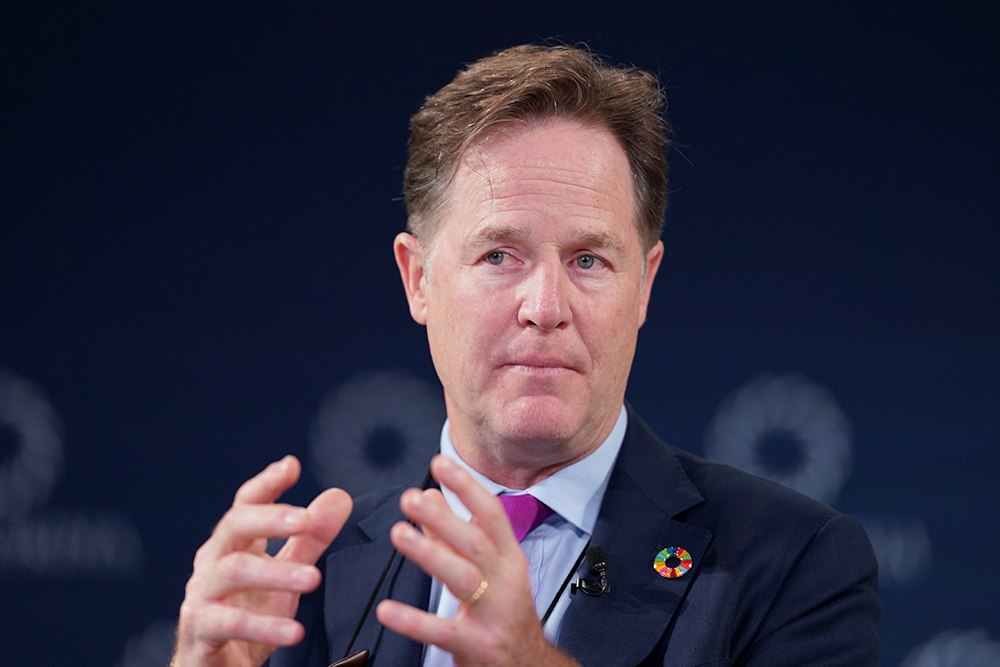
Earlier this year a former staffer of what was then Facebook, now Meta, wrote a gossipy tell-all memoir about her time in the office there. It was a huge hit – especially after the company’s chief global affairs officer Joel Kaplan secured a ruling to prevent its promotion. Careless People, by Sarah Wynn-Williams, proved that there was a considerable appetite for anything that describes what it’s like to work for big tech.
All of which boded well for Nick Clegg, who was Kaplan’s predecessor as the public face of Meta to governments across the world – until his departure was unceremoniously announced a few days before Donald Trump’s return to the White House. While Wynn-Williams had left the company in 2017 and was relatively junior, Clegg was right at the top of it until January this year. If anyone could have told us what was going on there throughout the 2020 election, the Capitol attack in 2021, the techlash and Trump’s triumph in last year’s election it was Clegg.
So it’s a pity that he decided not to. How to Save the Internet is no one’s idea of a tell-all. Indeed, it’s barely a tell-anything. What we have is a plodding, worthy treatise on the good aspects of the internet and the need to try to protect them.
Clegg is at his best on the rare occasions when he gives full rein to waspishness. The American commentator Jonathan Haidt is a vocal critic of the effects of social media on teens and has called for restrictions on their online access. Clegg seems to praise his ‘fierce moral certitude’ while condemning in the same sentence his ‘cherry-picked research’. Haidt’s ‘strangely patronising’ stance requires us to imagine technology as ‘something with primal, god-like powers’, Clegg notes witheringly.
The finest asides are reserved for politicians. Clegg recalls his first meeting with the former US Speaker Nancy Pelosi, who ‘curtly told me to “fix Facebook”, then walked off’. Nadine Dorries, while secretary of state for the department overseeing the internet, ‘once called me in high dudgeon, demanding to know why I hadn’t taken down tweets … I had to explain to her that Twitter was a different company’. He is more dismissive of the UK as a whole, arguing that it simply doesn’t factor in the thinking of those in Silicon Valley or Washington D.C. He would be asked far more often about Harry and Meghan than about anything in Downing Street. Such flashes are entertaining, but they’re almost all there is in this fat book – thin seasoning in a bland meal.
Clegg’s book is no one’s idea
of a tell-all. Indeed it’s
barely a tell-anything
Most of the rest of it is either a defensive explanation of What Meta Got Right (or at least less wrong than those on the outside believe), or else a lucid, detailed discussion of abstract technical policy issues that are unlikely to trouble anyone who isn’t a paid technology policy professional. If you were looking for a five-page analysis of why the EU doesn’t have a true digital single market, or on the practical ethics of data portability and what it means for the open internet, then you are in luck here.
In truth there is much to agree with in the book. Clegg is right that populism and nationalism threaten the internet and that free expression needs defending. But he doesn’t offer anything new to those debates, despite having been perfectly placed to do so, constantly dancing around the issues that most of us would really want to know about. When he talks about how he agreed to accept the job at Facebook, he lists three reasons for his decision: he’s an optimist about tech; it deals with profound issues; and he wanted to build bridges between politicians and tech execs. Had he just been honest and listed the fourth – that the offer came with a barrow-load of cash – he might have appeared more sincere and engaging.
Many of the moderation and transparency policies extensively defended in How to Save the Internet were thrown out this year, along with the author himself. By never addressing this, by barely talking about Trump, and by saying so little about what actually happened, Clegg has spent hundreds of pages missing the point. He may have a good book in him but, sadly, this isn’t it.







Comments